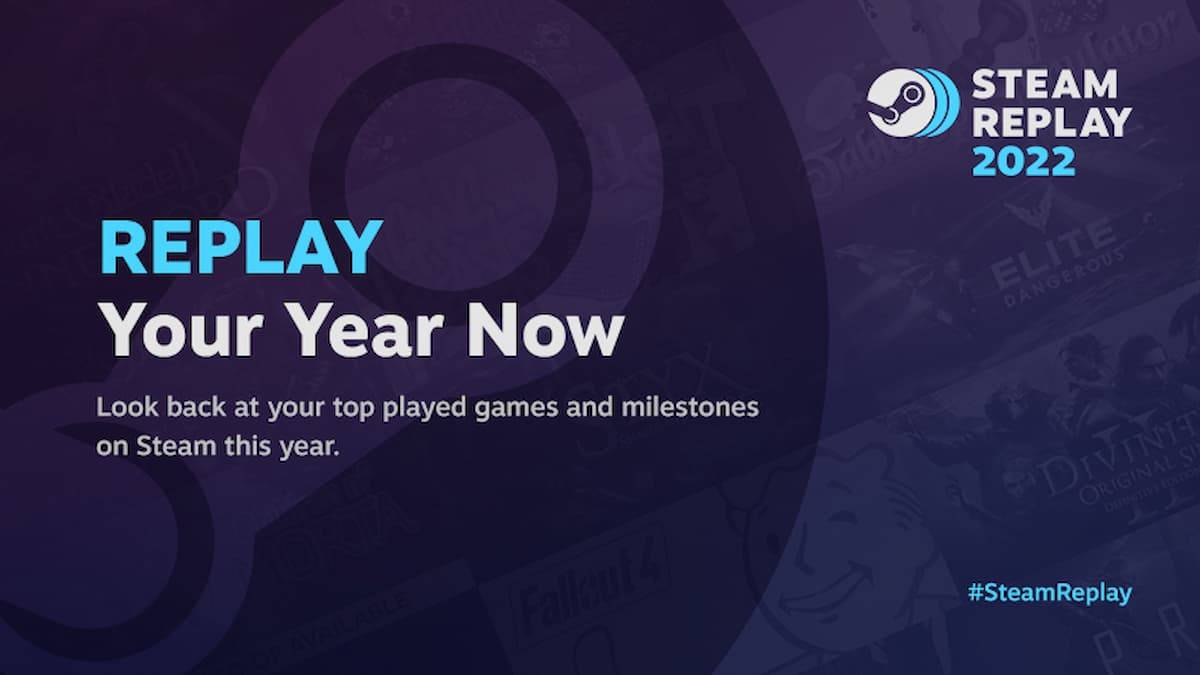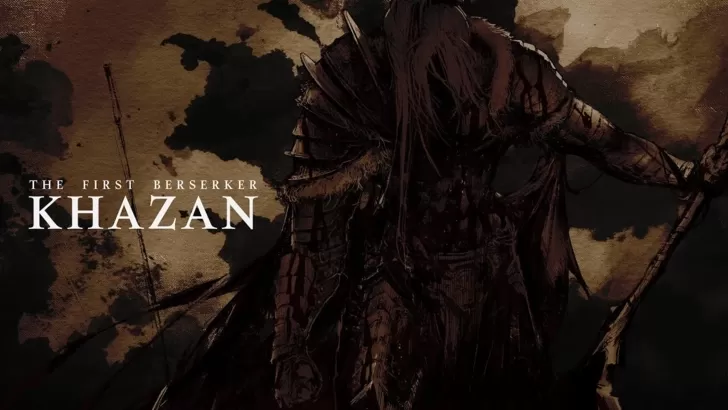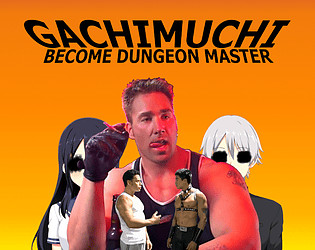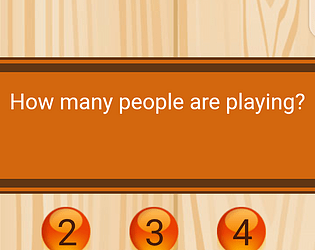The topic of turn-based games has been a staple in role-playing game (RPG) discussions for years, often debated alongside the rise of more action-oriented systems. The recent release of Clair Obscur: Expedition 33 has reignited these conversations, particularly regarding the future direction of major RPG franchises.
Clair Obscur: Expedition 33, which launched last week, has been widely praised by outlets like IGN and others as an exceptional RPG. The game proudly showcases its inspirations, featuring a turn-based combat system, Pictos to equip and master, zoned-out "dungeons," and an overworld map. In an interview with RPGsite, producer Francois Meurisse emphasized that the game was designed as a turn-based RPG from the outset, drawing specific inspiration from classics like Final Fantasy VIII, IX, and X. Additionally, the game incorporates elements from Sekiro: Shadows Die Twice and Mario & Luigi, blending quick-time events for attacks and parrying/dodging for defense, creating a unique hybrid of traditional turn-based strategy and action-oriented gameplay.
This innovative approach has sparked significant discourse on social media, with many citing Clair Obscur's success as a rebuttal to criticisms of turn-based systems, particularly in the context of the Final Fantasy series. Naoki Yoshida, during the media tour for Final Fantasy XVI, discussed the shift towards more action-based mechanics in RPGs, noting a growing sentiment among younger audiences who find traditional command-based systems less engaging. This shift is evident in recent Final Fantasy titles like XV, XVI, and the VII remake series, which have embraced more action-driven gameplay.
However, the success of Clair Obscur: Expedition 33 has led some to argue that turn-based games still have a strong appeal. Yet, the situation is more nuanced than a simple call for Final Fantasy to revert to its turn-based roots. Square Enix has not abandoned turn-based RPGs entirely, as evidenced by successful releases like Octopath Traveler 2, SaGa Emerald Beyond, and the upcoming Bravely Default remaster for Switch 2. While the mainline Final Fantasy series may have shifted, the publisher continues to support the turn-based format in other titles.
The debate over whether Final Fantasy should adopt Clair Obscur's approach is met with a firm "no" by many. Final Fantasy has its own unique aesthetic and iconography that cannot be simply replaced by another game's mechanics. While comparisons between Clair Obscur and Final Fantasy are inevitable, it's important to recognize the distinct qualities that have made Final Fantasy an enduring series, as well as the innovative elements that set Clair Obscur apart.
Historical discussions about RPGs, such as those surrounding Lost Odyssey and the relative merits of Final Fantasy VII versus VI, highlight the ongoing nature of these debates. Sales considerations, as mentioned by Yoshida, also play a significant role in game development decisions. Despite Clair Obscur: Expedition 33's impressive sales of 1 million copies in three days, Square Enix's expectations for Final Fantasy are typically higher.
The success of other turn-based RPGs like Baldur's Gate 3 and Metaphor: ReFantazio further demonstrates that the genre can still achieve both critical acclaim and commercial success. Clair Obscur's achievement is a testament to the potential of mid-budget RPGs, suggesting a possible resurgence of this format alongside titles like Visions of Mana or Ruined King.
However, whether Clair Obscur's success signals a necessary shift for Final Fantasy remains uncertain. Recent entries like Final Fantasy XVI and FF7 Rebirth have faced challenges in meeting profit expectations, influenced by broader industry trends and the high costs associated with developing major franchise titles.
Ultimately, the key takeaway from Clair Obscur: Expedition 33's success is the importance of authenticity in game development. Projects that merely imitate others often struggle to stand out. Clair Obscur succeeds not just because of its inspirations but due to its unique combat systems, compelling soundtrack, and thoughtful world-building. As Larian CEO Swen Vincke noted regarding Baldur's Gate 3, the focus should be on creating a game that the development team is passionate about, which can lead to both critical and commercial success.








